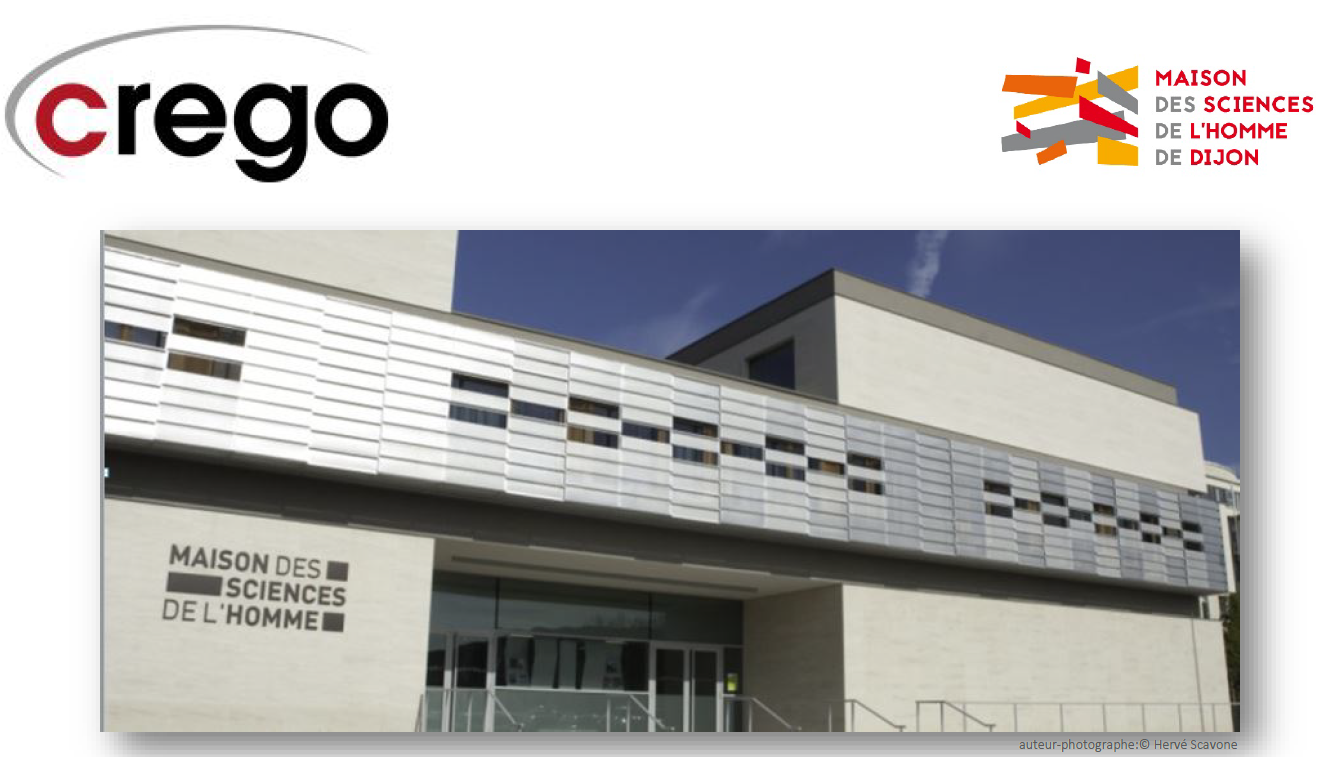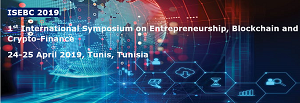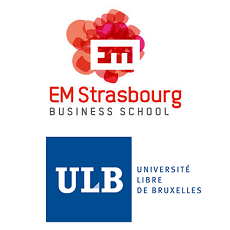3ème Journée du FARGO – JOURNÉE DES 3 F* Dijon – 11 juin 2021
3ème Journée des 3 F – Appel à communications
Journée des 3 F*
*Finance organisationnelle – Finance comportementale – Finance entrepreneuriale
L’axe FARGO (Finances, architecture et gouvernance des organisations), un des axes de recherche du CREGO (Centre de REcherche en Gestion des Organisations), organise une journée consacrée à ses trois thématiques, le 11 juin 2021, dans les locaux de la MSH à Dijon.
Cette journée est l’opportunité d’échanges supplémentaires qui s’ajoutent aux traditionnels séminaires organisés par cet axe et réservés à ses membres, en permettant aux enseignants-chercheurs ou doctorants travaillant sur ces thématiques de présenter leurs travaux.
A cette occasion, un maximum de dix articles seront retenus par un comité scientifique. Les modélisations mathématiques sans déclinaison ou tests empiriques ne seront pas prioritaires. Les articles aboutis seront en revanche privilégiés. Les articles seront prioritairement soumis en français mais les communications en anglais pourront être acceptées également.
A l’issue de cette journée, les auteurs qui le souhaitent, pourront soumettre leurs articles à la revue Finance Contrôle Stratégie. Un numéro spécial de la revue sera consacré à la journée des 3 F si un nombre suffisant d’articles a été retenu.
Les travaux sélectionnés par le comité scientifique devront être en lien avec les trois thématiques de l’axe du laboratoire.
- Thématique 1 : Les recherches en finance organisationnelle Recherche portant sur l’articulation entre la finance, la gouvernance et la théorie des organisations. Cette articulation permet de développer des recherches qui font également intervenir des aspects liés à la stratégie, à la comptabilité, à la fiscalité, au contrôle de gestion, aux systèmes d’information et à la gestion des ressources humaines.
- Thématique 2 : Les recherches en finance comportementale Etude de l’impact des « biais comportementaux » sur les marchés financiers ou sur les décisions financières des entreprises.
- Thématique 3 : Les recherches en finance entrepreneuriale Problématique liée au capital-investissement et au financement des entreprises innovantes.
Calendrier :
- Fin février 2021 : envoi de l’article définitif
- 30 avril 2021 : réponse des évaluateurs
- 11 juin 2021 : présentation orale
Modalités de soumission :
- Deux exemplaires de proposition doivent être soumis en version Word.
- L’un est anonyme et l’autre doit comporter, sur une première page, le nom des auteurs, leur titre, leur affiliation et l’adresse électronique qui servira de support de communication.
- Les auteurs veilleront à ne pas être identifiés dans le corps du texte.
- Les propositions seront envoyées par mail en précisant l’objet « Journée du FARGO – 3ème Journée des 3 F » aux membres du comité d’organisation.
Normes de présentation :
- Le standard de la revue Finance Contrôle Stratégie.
- L’article ne devra pas dépasser 25 pages (bibliographie, annexes, figures, tableaux…).




